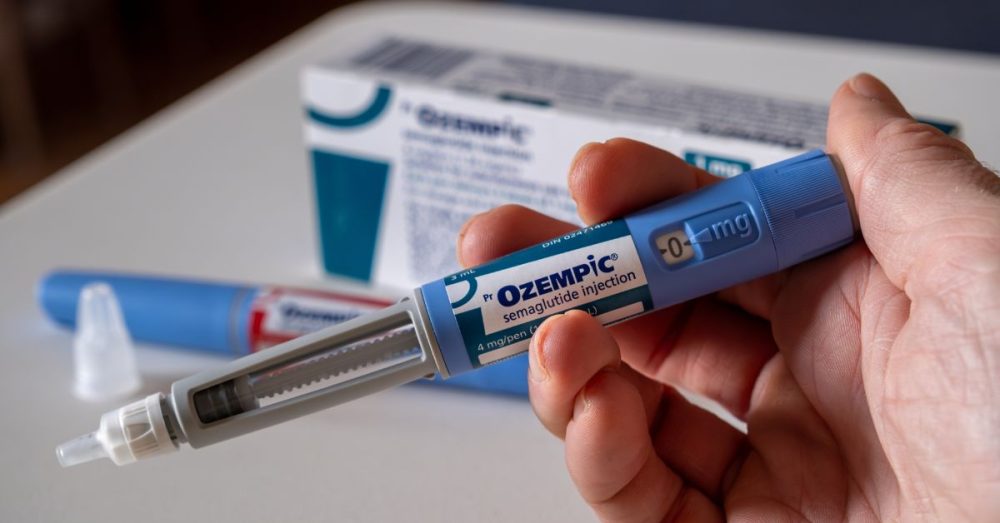A new study has allegedly linked suicidal ideation to the weight loss drug Ozempic, putting a damper on the hopes of those looking to lose weight with relatively little effort.
As previously reported by The Dallas Express, obesity has been a growing problem in the United States, with experts expecting more than half the country’s population to be obese by 2035.
The number of people considered to be clinically obese has reached over 1 billion worldwide. According to data from the CDC, 1 in 5 American adults was obese in 2022. Obesity is a particular problem in Texas, where the condition has made significant gains over the past few years, with 35.5% of adults and 17% of children between the ages of 10 and 17 estimated to be obese.
Many people have been turning to weight loss drugs like Ozempic to shed some pounds in recent years.
Here’s some of what Newsweek reported on the potential link between Ozempic and suicidal ideation:
TikTok’s latest fat-melting “miracle” has come under fire after a new, controversial study linked the weight loss drug to suicidal ideation. The study’s authors have urged further investigation into potential side effects, but others are less convinced.
Ozempic is an injectable prescription drug developed to manage blood sugar levels in patients with Type 2 diabetes. However, the drug has risen to recognition thanks to one desirable side effect: weight loss.
The drug is based on a molecule called semaglutide, which mimics the structure of a naturally occurring human hormone called glucagon-like peptide 1 (GLP-1). GLP-1 plays an important role in regulating appetite and blood sugar levels by activating specific receptors involved in these pathways.
Because of the similarities in their structures, semaglutide can also activate these receptors, inducing feelings of fullness while delaying the emptying of our stomach. In other words, semagltuide makes us less hungry and therefore less likely to overeat.


